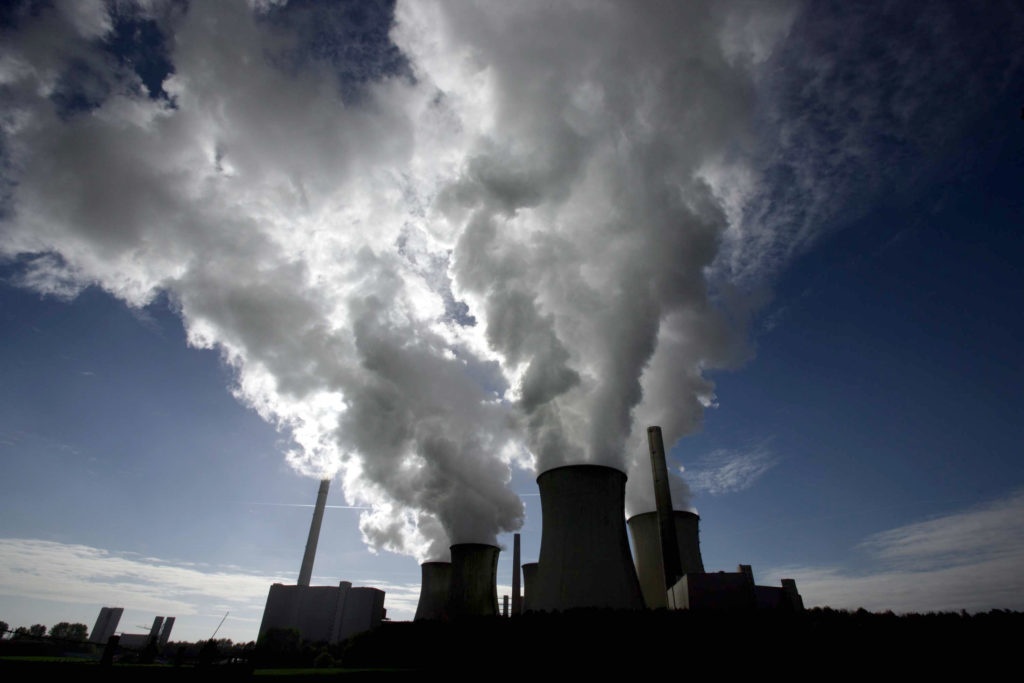
Demand for fossil fuels will peak in the 2020s, with trillions of pounds at risk for investors who do not see the future changes coming, a report predicts.
Fossil fuels are set to enter “structural decline” in the face of cheap renewables, shifts to clean power by emerging economies such as China and India and government policy supporting clean air and climate action.
Coal power and combustion engine cars are already facing the same kind of disruption as gas lighting and horses did a century ago, in the face of new technologies, the report says.
The rapid transition in energy supplies will hit the fossil fuel sector, which has £19 trillion invested in infrastructure that will become “stranded” in the face of a move to clean technology.
The study, 2020 Vision: Why You Should See Peak Fossil Fuels Coming, is the latest from the Carbon Tracker, a think tank which aims to align markets with climate reality.
It says costs of solar panels, wind and batteries for storing electricity and powering vehicles are falling fast, and are now able to compete with fossil fuels without subsidies.
The report points to predictions by the International Energy Agency that by 2020 renewables will be cheaper than fossil fuels in every major region of the world.
And emerging markets, which are driving the growth in energy demand, are choosing renewables over fossil fuels because they have less existing infrastructure, more pollution and rising energy dependency, the study said.
The need to limit carbon emissions, ensure clean air for citizens and secure energy independence all mean that government policy – despite a recent reversal by the US – will continue to put pressure on fossil fuels.
The transition to clean energy will directly affect companies that make up a quarter of equity and debt markets, hitting sectors including banking, ports and car manufacturers.
Fossil fuel exporting countries such as Russia will also be hit, the report says.
And there is no protection for large, existing sectors as markets care about growth, not size.
US horse demand peaked in 1910 when cars were just 3% of their number, and the demand for fossil fuel electricity generation in Europe peaked in 2007 when renewables were 3% of supply, it says.
The tipping point for fossil fuels will come when solar and wind will be around 6% of total energy supply and 14% of electricity supply – which will happen in the 2020s.
Globally coal power peaked in 2014 and since 2017 the automotive industry has been refocusing on electric vehicles (EVs) after the realisation the new technology would take all growth in car demand by the early 2020s, according to the report.
Kingsmill Bond, Carbon Tracker new energy strategist and author of the report, said: “The 2020s will be the decade of fossil fuel demand peaks, as one bastion after another is stormed and overwhelmed by the rising renewable tide.
“This will inevitably lead to trillions of dollars of stranded assets across the corporate sector and hit petro-states that fail to reinvent themselves.”
He added: “We have seen a similar pattern in many energy transitions, from electricity, coal and cars in recent years to horses and gaslights in the past.
“Demand for incumbents peaks early, and investors in incumbents lose money early on.”
